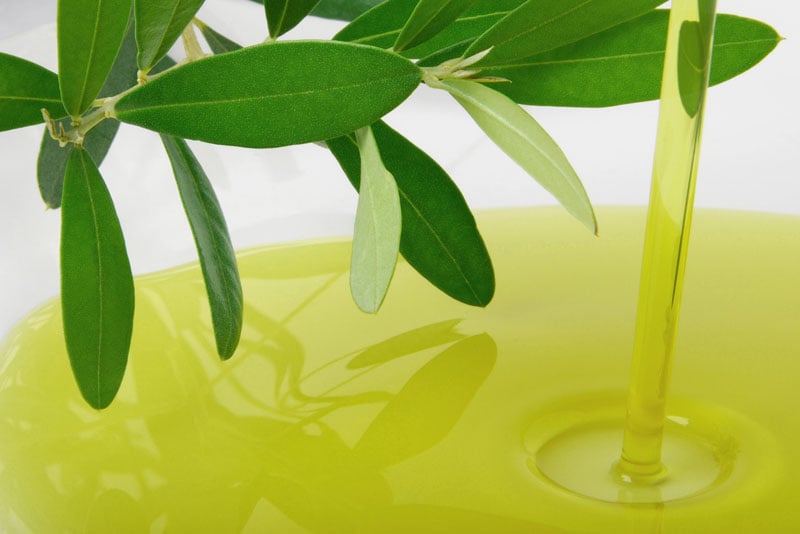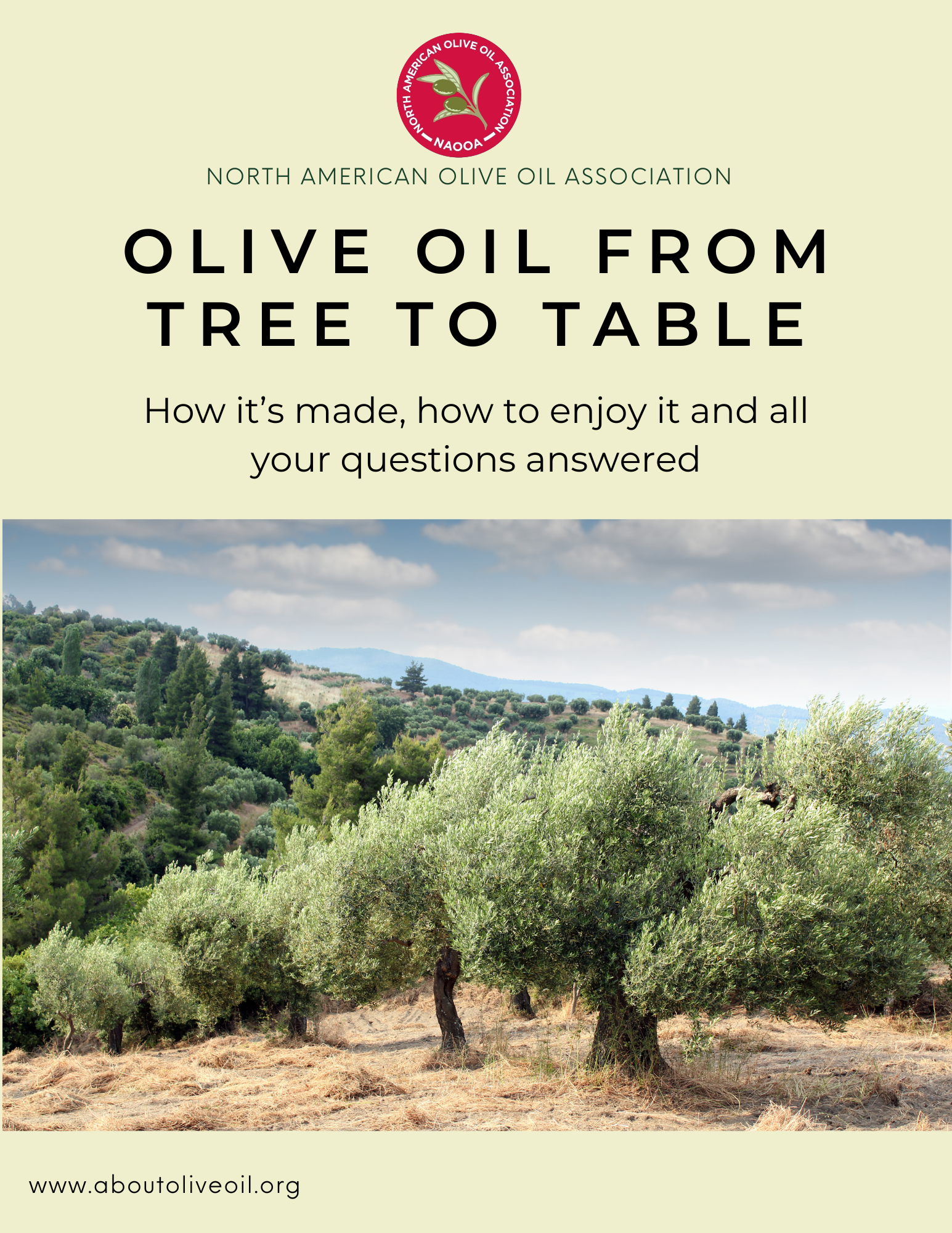The buzz around the Predimed research and other recent studies is all about the role that olive polyphenols play in promoting health and combatting chronic disease. This is nothing new; the European Food Safety Authority approved a health claim for polyphenol content as early as 2012 (Commission Regulation (EC) No 432/2012 of 16 May 2012). But the positive and promising studies about the benefits of these unique micronutrients keep coming. As a result, many companies are scrambling to find creative ways to out-promote one another regarding polyphenol content (which of course also lends character and taste nuances to their extra virgin olive oils).
The earliest research on the health benefits of olive oil and its role in the Mediterranean diet focused not on polyphenols, however, but the high oleic acid content. In fact, it was based on this that FDA approved the qualified health claim for olive oils in the prevention and treatment of cardiovascular disease as early as 2004 (and subsequently expanded the claim to include other oils high in oleic acid in 2018.)
Now a team of researchers from the University of Seville in Spain is suggesting in a paper recently published in the journal Nutrients that the importance of oleic acid is being ignored and overlooked. In a review of existing research , the Seville researchers found strong support for oleic acid’s role in preventing neurodegenerative disease and fighting inflammation and cancer, and even for an antioxidant effect that can help treat obesity. Because most of the published studies are animal-based, however, the authors conclude the paper by calling for more research on oleic acid’s beneficial health impacts on humans.
Oleic acid content is an important distinguishing factor between olive oils and other cooking oils. The oleic acid content in olive oils does not depend on its quality or grade, and it is for this reason that olive oil as a class—whether it is extra virgin, regular olive oil or light-tasting—can be a better choice for your health than other cooking oils with lower oleic acid content, even before taking other distinguishing characteristics into account such as polyphenol content, mechanical (as opposed to solvent) extraction, and sustainability.
Sure, extra virgin olive oil is the healthiest of all cooking oils for a variety of reasons including the high polyphenol content, and EVOO's minimal processing makes it the number one choice for climatarians. But if you are looking for a healthy yet more neutral tasting oil, regular (and light tasting) olive oil, with it's solvent-free extraction and high oleic acid content, is the way to go.





